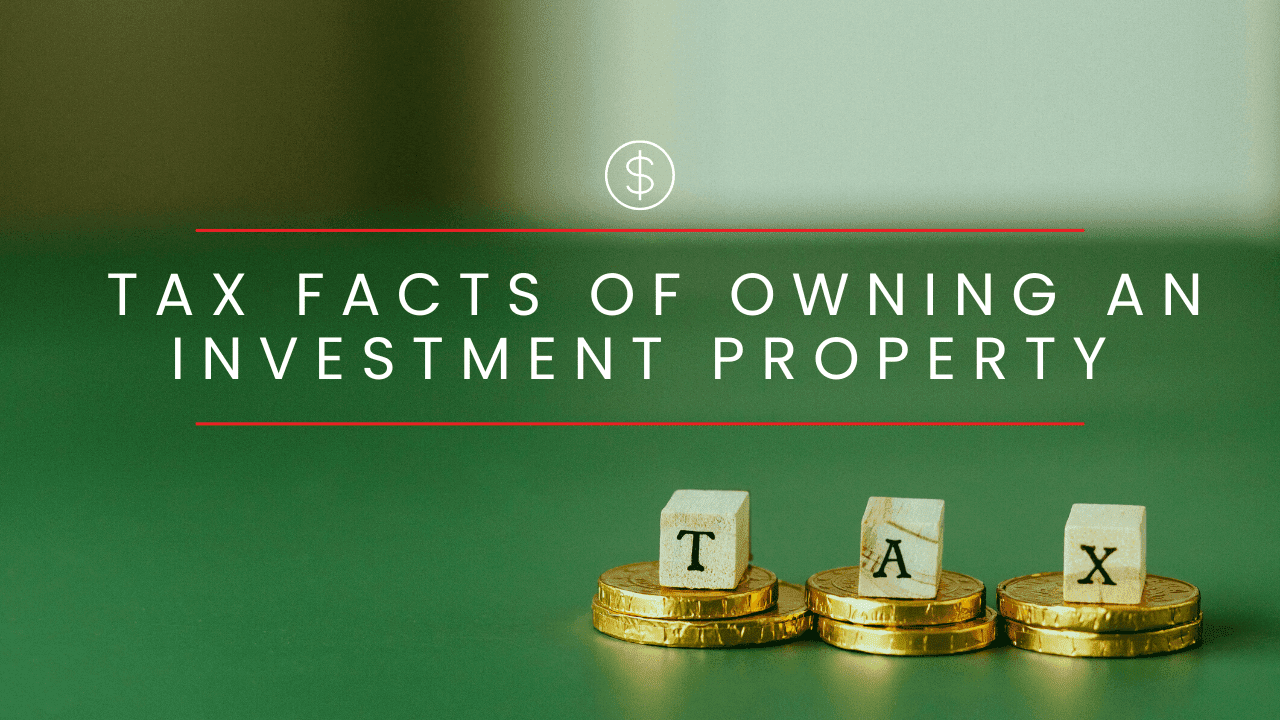
Thinking about taxes isn’t always fun, especially if you’ve made some impressive money and you’re cringing at the amount you have to give to the government.
While it’s true that you have to declare all of the rents you received last year as income, there’s still some good news:
A lot of expenses associated with your rental property are deductible from your income. This reduces your overall tax liability and provides a bit of breathing room when you’re weighing your income against your expenses for tax purposes.
Here are some of the most important tax facts you need to know when you own a Tampa-area investment property.
Deduct Your Tampa Rental Property Maintenance Expenses
Most of the costs associated with maintaining your rental property can be deducted on your taxes. This includes repair costs and any materials that you need to keep your property in operable and habitable condition. You can deduct the cost of:
- Paint
- Carpet
- Smoke detector batteries
- Repairs to plumbing, appliances, drywall, etc.
- HVAC repairs when the heat or air conditioning goes out
When something breaks in your rental home, the cost to repair or replace what broke can be deducted. If a professional is making the repairs, that labor is tax-deductible as well.
Keep in mind that you cannot deduct the costs of improving your home. If you renovate the kitchen, or a bathroom, or install a new roof those expenses are not tax-deductible. You may only deduct what it costs to maintain your Tampa rental property. Renovations and improvement costs will show up in your depreciation benefit, which we’ll discuss next.
Deducting Property Depreciation
One of the best ways to limit your tax liability as a rental property owner is by using depreciation as a tax deduction. Even if your property is increasing in value (and we certainly expect that it is), the IRS allows you to deduct a specific amount in depreciation every year.
According to current IRS guidelines, the property you own has a lifespan of 27.5 years. So, you’ll use that number to calculate your depreciation.
You cannot include the value of the land your property is on; you’re simply using the value of your house. Divide the cost of your property at the time you acquired it as a rental by 27.5. That’s the amount of depreciation you can include in your tax return.
The IRS allows you to depreciate some improvements that you make to your Tampa rental property, and in some cases, those things will depreciate faster than 27.5 years. For example, appliances may be depreciated over five years.
Deduct Professional Fees, Mortgage Interest, and Other Taxes
 If you have a mortgage on your rental property, you can deduct the amount you pay in interest on that loan. You can also deduct any professional fees you pay that are associated with the rental property. These might include property management fees, insurance or attorney costs, and commissions you pay to real estate agents.
If you have a mortgage on your rental property, you can deduct the amount you pay in interest on that loan. You can also deduct any professional fees you pay that are associated with the rental property. These might include property management fees, insurance or attorney costs, and commissions you pay to real estate agents.
Rental property owners can also deduct any advertising or marketing fees during the leasing period. If you have an accountant or a CPA tracking the income and expenses associated with your property and preparing your tax filings, you can deduct those costs as well.
Other operating costs can be deducted as well, such as utilities you pay for or the landscaping services you provide for your property.
You will use Schedule E to declare any of the losses you’re claiming with your rental property. We are Tampa area property managers and not tax experts, so we always recommend you talk to your CPA or your tax attorney. If you’d like to talk more about how renting out a property can be beneficial from a tax standpoint, we’d be happy to help you. Please contact us at Hoffman Realty.
